Life, Earth And Space
-
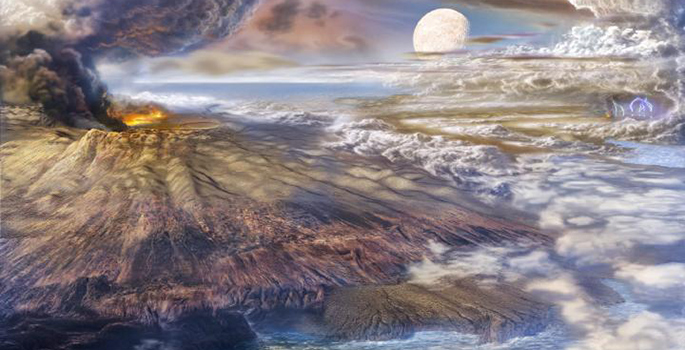
Early Earth less hellish than previously thought
Conditions on Earth in its first 500 million years may have been cool enough to form oceans of water instead of being hellishly hot. Read MoreSep 15, 2014
-
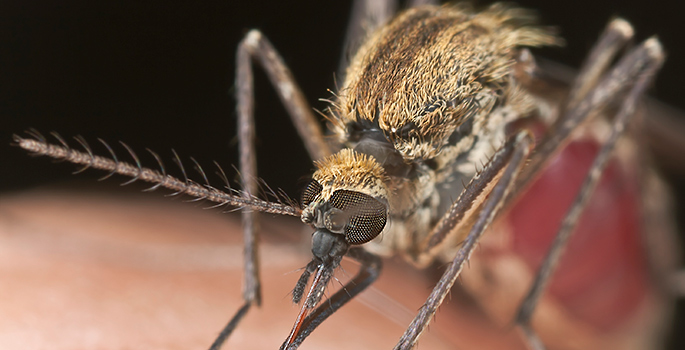
Mosquito facts and fictions
Mosquito researcher Jason Pitts collects interesting facts and stories about his research subjects, nature’s ultimate bioterrorists. Read MoreSep 9, 2014
-
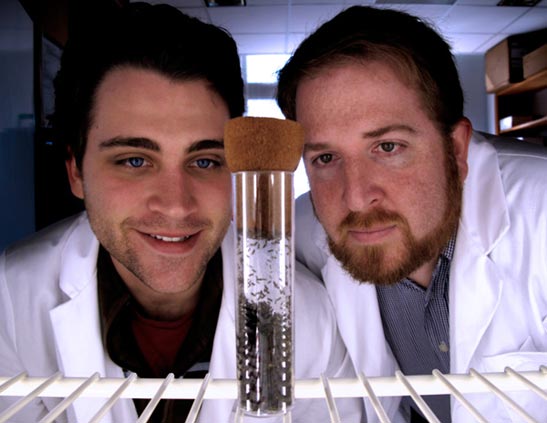
Quanta Magazine: Evolving with a little help from our friends
Seth Bordenstein, associate professor of biological sciences, and graduate student Robert Brucker, discovered that the survival of a new hybrid of wasp depended not on their genes but on the microbes that naturally lived on and inside the insects. Read MoreJun 5, 2014
-
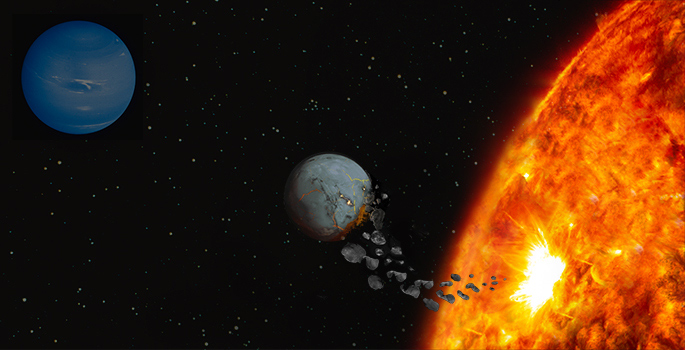
Astronomers identify signature of Earth-eating stars
Vanderbilt astronomers have developed a model that predicts the effect that ingesting earth-like planets has on the chemical composition of stars like the Sun -- a capability that can aid in efforts to find Earth-like exoplanets. Read MoreMay 16, 2014
-

How to create nanowires only three atoms wide with an electron beam
A Vanderbilt graduate student has used a focused beam of electrons to create some of the smallest nanowires ever made, which could bring us closer to flexible, paper-thin tablets and television displays. Read MoreApr 28, 2014
-
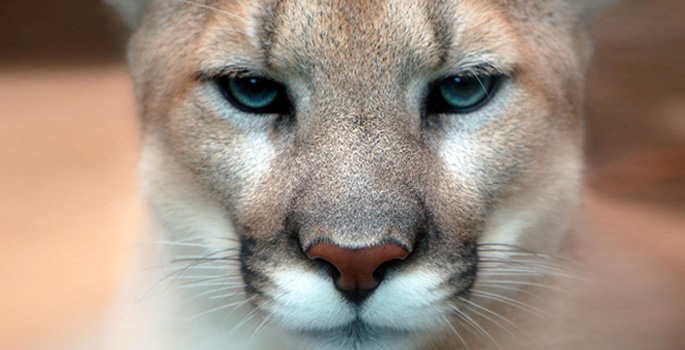
Cougars’ diverse diet helped them survive the mass extinction that wiped out the saber-tooth cat, American lion
Cougars may have survived a mass extinction that took place about 12,000 years ago because they were not particular about what they ate. Read MoreApr 22, 2014
-
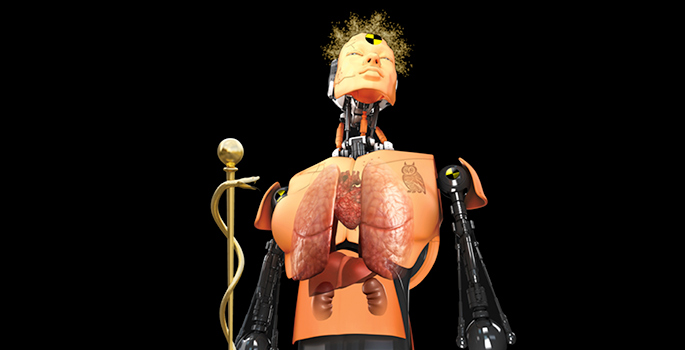
Significant progress toward creating “benchtop human” reported
Vanderbilt physicist John Wikswo reported significant progress toward creating “homo minutus” – a human-on-a-chip that can be used to test drugs and toxins – on Mar. 26 at the Society of Toxicology meeting in Phoenix. Read MoreMar 27, 2014
-

Shifting evolution into reverse promises cheaper, greener way to make new drugs
By shifting evolution into reverse to produce an expensive HIV drug out of a simple sugar, Vanderbilt chemist Brian Bachmann has shown that it may be possible to manufacture exotic and expensive synthetic drugs as easily as brewing beer. Read MoreMar 24, 2014
-
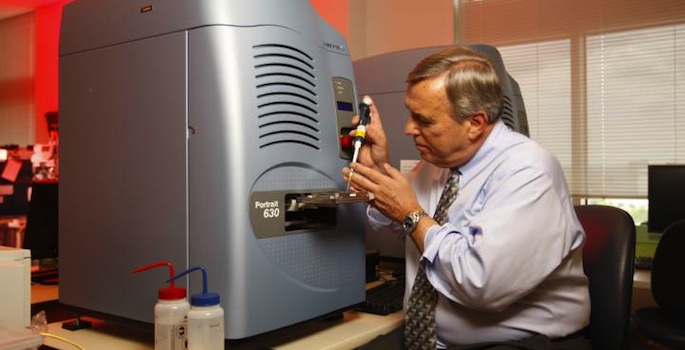
Vanderbilt awarded $16.5 million agreement to determine how toxic agents affect human cells
Vanderbilt University has been awarded a Cooperative Agreement with the Defense Advanced Research Projects Agency and the Army Research Office that is worth up to $16.5 million over five years. Read MoreMar 3, 2014
-
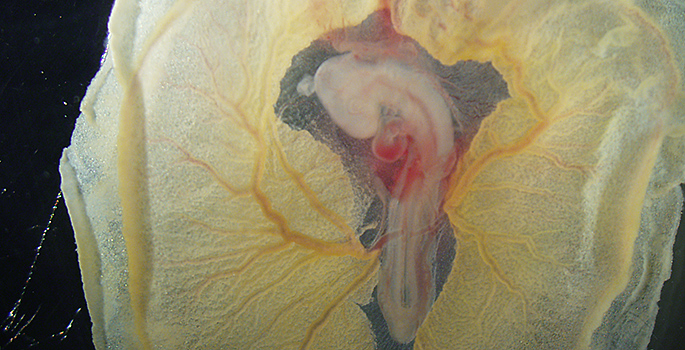
Baby hearts need rhythm to develop correctly
The mechanical forces generated by the rhythmic expansion and contraction of cardiac muscle cells play an active role in the initial stage of heart valve formation. Read MoreFeb 18, 2014
-
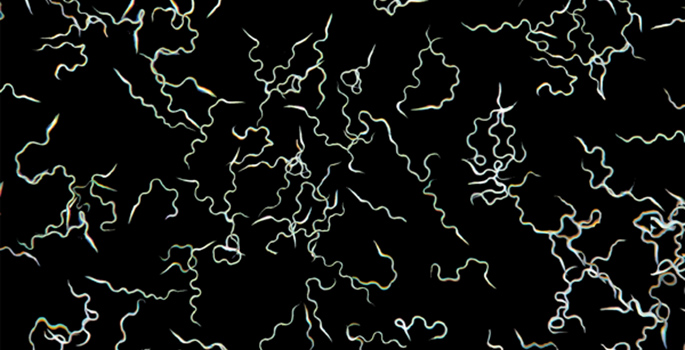
Mosquito sperm have a sense of smell
Vanderbilt biologists have discovered that mosquito sperm have a “sense of smell” and that some of same chemicals that the mosquito can smell cause the sperm to swim harder. Read MoreFeb 3, 2014
-
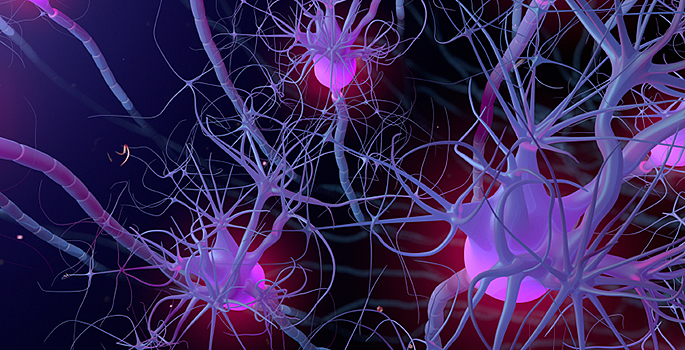
In the brain, the number of neurons in a network may not matter
A study has found that the time it takes neural networks in the brain to make decisions is remarkably stable regardless of size: a finding that could make it easier to achieve the goal of the President's BRAIN Initiative established last spring. Read MoreFeb 3, 2014
-
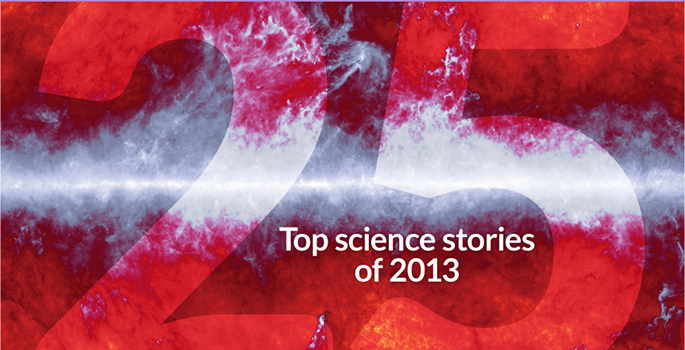
Vanderbilt research featured in Science News’ top science story of 2013
The popular science magazine Science News has chosen a story featuring research by Vanderbilt's Seth Bordenstein and Robert Brucker as its top science story for the year. Read MoreJan 17, 2014
-
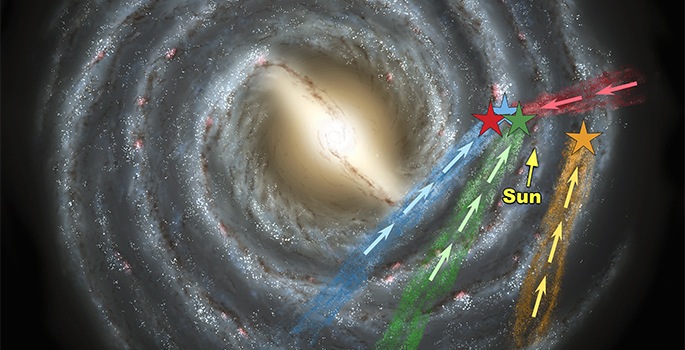
Surprising new class of “hypervelocity stars” discovered escaping the galaxy
Two Vanderbilt astronomers are among an international team that has discovered a surprising new class of “hypervelocity stars” – solitary stars moving fast enough to escape the gravitational grasp of the Milky Way galaxy. Read MoreJan 9, 2014
-

Use water at ‘comfortable’ temperature to wash hands and fight global warming
Vanderbilt University researchers say to take down the water temperature a degree or two when washing your hands to help battle global warming. Read MoreDec 10, 2013
-
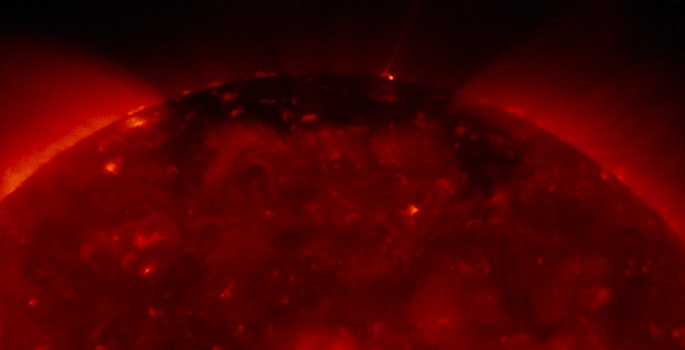
NASA: NASA astrophysicist and Vanderbilt graduate student confirm existence of giant convection cells on sun
A NASA astrophysicist and Vanderbilt graduate student Lisa Upton have confirmed the existence of giant convection cells flowing slowly on the sun, lending further insight into the transport of heat from its core and the origin of cycles of sunspot activity that affect essential satellite-based communications such as cell phones and TV broadcasting. Read MoreDec 6, 2013
-
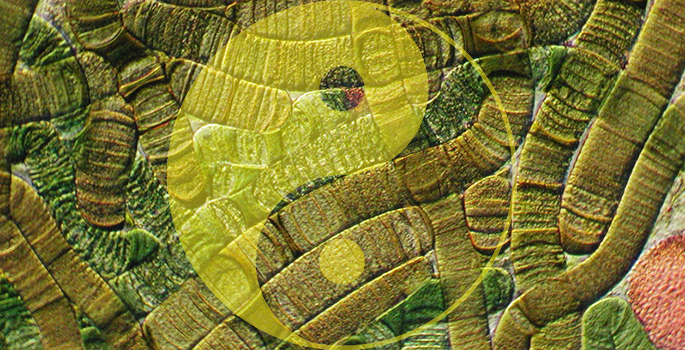
Tricking algae’s biological clock boosts production of drugs, biofuels
Tricking algae’s biological clock to remain in its daytime setting can dramatically boost the amount of commercially valuable compounds that these simple marine plants can produce when they are grown in constant light. Read MoreNov 7, 2013
-

A revolution in astronomy: How we came to know what we know
Science has progressed from wild speculation about Earth’s planetary neighbors—including how they formed and whether they are inhabited—to a better understanding of our celestial neighborhood, David Weintraub, professor of astronomy, writes in "Scientific American." Read MoreOct 14, 2013
-

Finding the place where the brain creates illusory shapes and surfaces
Neuroscientists have identified the location in the brain's visual cortex responsible for generating a common perceptual illusion: seeing shapes and surfaces that don't really exist when viewing a fragmented background. Read MoreSep 30, 2013
-

Lacy’s crystallographic research achievements recognized
D. Borden Lacy, Ph.D., associate professor of Pathology, Microbiology and Immunology, and Biochemistry, will receive the 2014 Margaret Etter Award from the American Crystallographic Association (ACA) for outstanding achievement and exceptional potential in crystallographic research demonstrated by a scientist at an early stage of their independent career. Read MoreSep 19, 2013